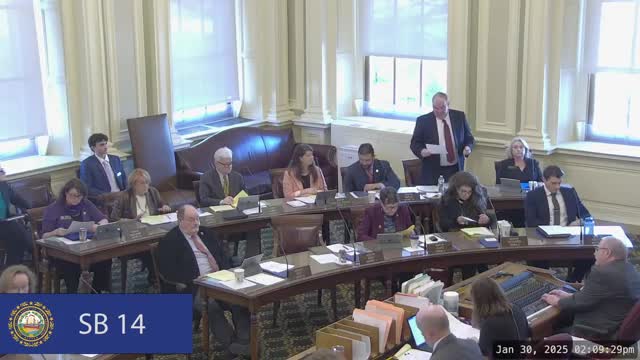Article not found
This article is no longer available. But don't worry—we've gathered other articles that discuss the same topic.
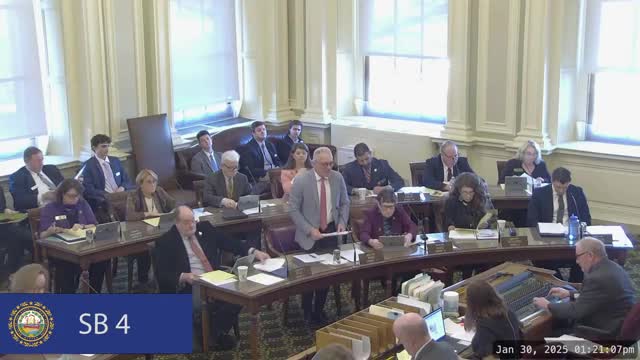
Votes at a glance: Senate advances multiple commerce, judiciary and finance bills
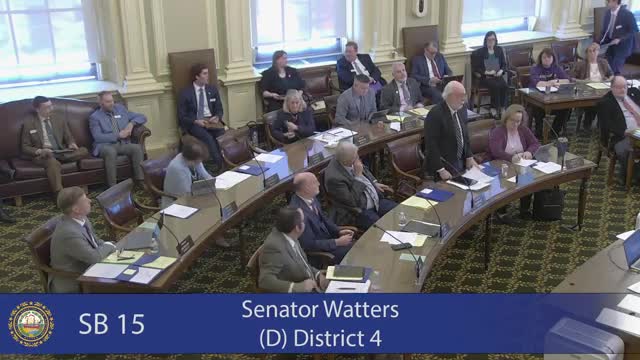
Senate backs $12M proposal to sustain shelter beds and prevention services, tables bill for budget process
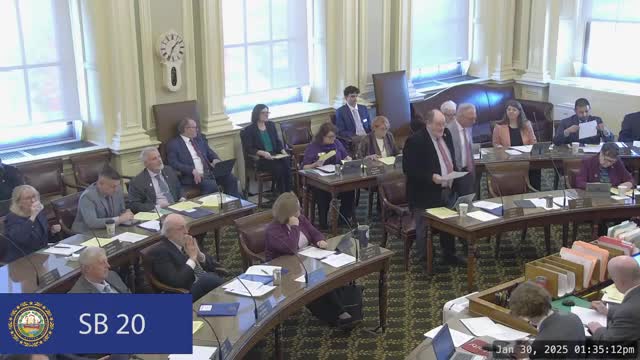
Senate backs state share of teacher retirement contributions, then tables the bill
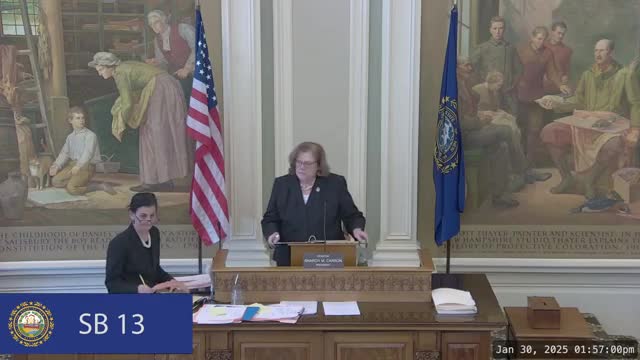
Senate OKs measure to invalidate certain out‑of‑state licenses issued to undocumented immigrants
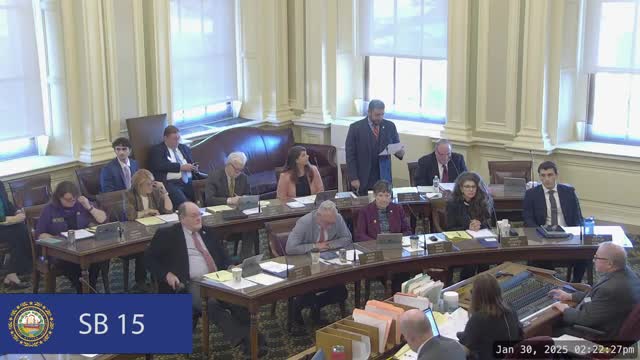
Senate advances bill setting 10‑year minimum for fentanyl distribution tied to death
